Top 10 Scientists Of All Time
Scientist is studying the understanding of nature,including mathematics,psychology and social sphere. Scientists have contributed the improvement of human society. Looking through the history,we can see that many scientists have devoted their lives to researches and innovations. Some of them continued struggling in order to prove their theories, despite all the troubles they were having,so that we could have a better life. Here's a list of the top ten scientists in our history. Of course, I had to leave out some great names.,but I think this list presents the top 10 scientists of all times.
Albert Einstein
German born physicist who highly-developed the special and general ideas of relativity theory and won the Nobel Prize for Natural philosophy in 1921 for his explanation of the photoelectric effect. Einstein is mostly regarded as the most important physicist of the twentieth century.
Charles Darwin
In The Origin of Species the English naturalist Darwin definedt he possibility of survival, or "survival of the fittest," as the explanation for the changing of living beings with time.
Marie Curie
Marie Skłodowska Curie, born Maria Salomea Skłodowska [ˈmarja salɔˈmɛa skwɔˈdɔfska], was a Polish and naturalized-French physicist and chemist who conducted pioneering research on radioactivity.
Aristotle
The Greek thinker and researcher Aristotle produced the scientific method, the process used for scientific investigation. His influence served as the basis for much of the science and philosophy of Hellenistic (Ancient Greek) and Roman times, and even affected science and philosophy 1000's of years later.
Alexander Bell
Bell was American researcher, inventor of the phone, educated at the Univ. of Edinburgh and University College, London; boy of Alexander Melville Bell. He worked in London together with his father, whose system of visible speech he used in teaching the deaf to talk.
Leonardo da Vinci
Da Vinci was an Italian Renaissance polymath: painter, sculpturer, designer, instrumentalist, researcher, math wizzard, engineer, discoverer, anatomist, geologist, map maker, phytologist and writer.
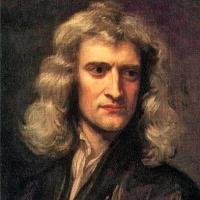
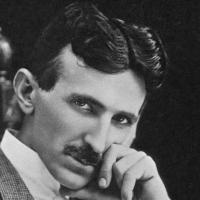
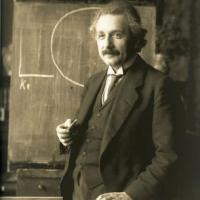
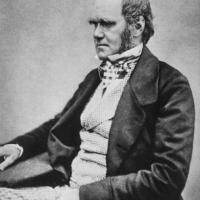
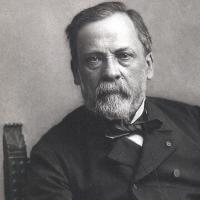
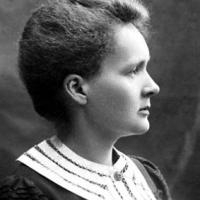
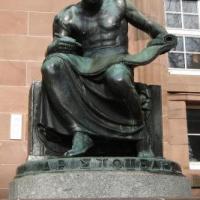
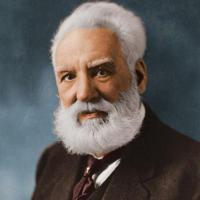
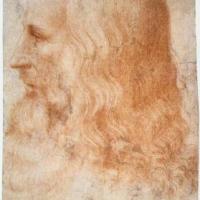
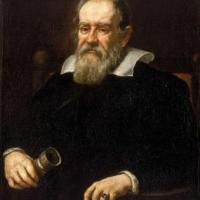
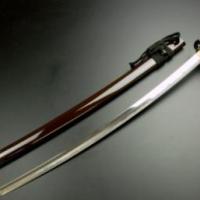
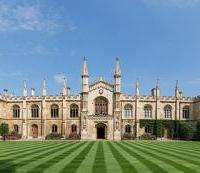
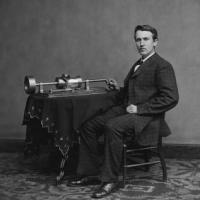
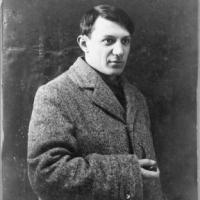
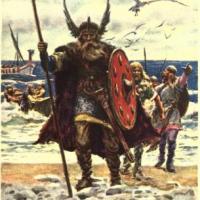
Isaac Newton
Newton was English natural thinker, generally considered to be the most original and important theoretician in the history of science. In addition to his innovation of the infinitesimal calculus and a new possibility of light and color, Newton changed the construction of physics together with his three laws of motion and the law of universal gravity. As the keystone of the technological revolution of the seventeenth century, Newton's work mixed the contributions of Copernicus,Descartes, Galileo, Kepler, and some others great minds into a young and powerful synthesis. Three hundreds of years later the resulting structure - Newtonian mechanics - proceeds to be a useful but no less elegant monument to his genius.